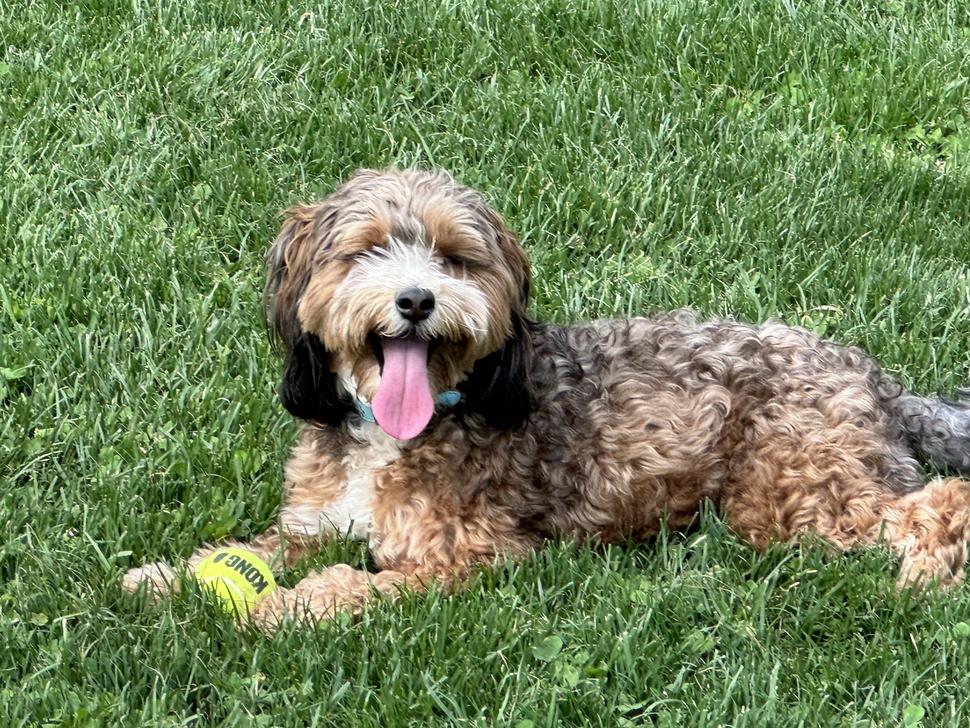Goals
- Leverage the existing NCI infrastructure in companion canine cancer research to facilitate new high-quality collaborative opportunities that integrate across approaches in IO, imaging, and RT
- Enable new cross-correlatives and response measures to optimize treatment approaches using companion canine cancer research to maximize the translational benefits for people with cancer
Award Structure
Awards are being shared between a current NCI grantee and at least one partnering collaborator who is not named on the parent award. Either the PI of the parent award or the collaborator must have canine cancer research expertise. DOGS-eligible parent awards must have an NCI primary assignment through any of the following mechanisms: R01, R37, U01, P01, P30, P50, U19, U24, or U54.
Awardees
| Subject | Parent Grant | Supplement PI(s) | Coinvestigators | Collaborating Teams |
|---|---|---|---|---|
| Using myeloid-targeted immunotherapy and radiation therapy to treat sinonasal carcinoma in dogs | P50CA261605; Colorado Head and Neck Cancer SPORE (Jimeno, Antonio); University of Colorado Denver | Mary-Keara Boss | Steven Dow, Lyndah Chow, Daniel Regan | University of Colorado Denver, Colorado State University, UC Davis |
| Validating PET imaging as a non-invasive platform to study CAR T cell dynamics in canine lymphoma | R37CA266344; Towards safer and more effective CAR T Cell therapy through the modulation of myeloid cytokines (Kenderian, Saad); Mayo Clinic Rochester | Saad Kenderian and Wesley Wierson | Jeffrey Bryan, Alex Abel | Mayo Clinic Rochester, LifEngine Animal Health (LEAH) Labs, University of Missouri Veterinary Health Center |
Contact
Connie Sommers, Ph.D. (sommersc@mail.nih.gov)
